TIARA AWARDS
TS, TA and Recruitment Awards finalists announced
EMPLOYER BRAND
The importance of ESG

TS, TA and Recruitment Awards finalists announced
The importance of ESG
ITS IMPACT ON THE FUTURE OF TALENT ACQUISITION




I remember the first time I saw my name in print like it was yesterday. Just after I arrived in London with a suitcase bigger than me and a mere £500 to my name, I landed my first job at [then] Her Majesty’s Stationery Office where, as the Editorial Assistant, I sent faxes and made coffee for a year. I also learned how to use email and one of my jobs was to collect data and facts to be included in the 2001 edition of Whitaker’s Almanac. The day of our printing deadline, on September 11th 2001, the world was changed forever when planes flew into the Twin Towers. As one of the highest buildings in London (no longer as the Cityscape of the Big Smoke has changed so since), we were evacuated immediately and sent home. I remember this day clearly as we had to delay the printing of the Almanac because of out-of-date data on the tallest building in the world. The Editor literally picked up a landline and shouted: “Stop the press!” so we could amend it on the proof sheets.
That edition of the Whitaker’s Almanac was the first book ever that had my name printed on the masthead – to this day one of my proudest career moments. I’m not sure I remember it because it was my first – they say you never forget your first – or because of what happened around the time of printing. Either way, I think it’s a good story and one I’ve told my kids a few times. I still have that book on my shelf.
There has been lots of change since those early days of my career. The advancement of digital publishing and online marketing has been lightning fast. We tell our audience every month that if you don’t embrace technological advancements, you risk your organisation being left behind. And with that in mind, I’d like to share some really exciting news with you. We have made the strategic decision to combine the readership of TALiNT International magazine with that of TALiNT International
Debbie Walton Editor, TALiNT Partners

TALiNT Partners brings together a global network of leading employers and solution providers to make better talent and technology decisions by providing intelligence, insight and peer-to-peer networking that drives quality, innovation and improves inclusion across the talent ecosystem.

website onto one digital platform. We believe that this decision is going to benefit our sponsors and readers immensely as it will not only increase reach, readership and engagement but will continue to position TALiNT International as the go-to resource for insights and thought leadership from across the talent eco-system.
In this final issue we will be showcasing the finalists of the TIARA Talent Solutions Awards and Talent Acquisition Awards. The TIARAs continue to set the standard of excellence in the industry and with collectively over 50 finalists, the TIARA programme really does showcase the best of the best. See who’s made it to the finals from pagepg 20.
Who isn’t talking about AI? You’ll be hard pressed to find a colleague, friend or acquaintance who hasn’t used it or isn’t using it every day. With all the hype and apprehension, we thought it was a topic we should write about in terms of how it’s going to affect the wider talent industry. We reached out to our network of talent leaders and had the most overwhelming response! Read about their opinions on page pg 10.
This will therefore be the last issue of TALiNT International! It’s been an incredible, but I am so excited for the evolution!












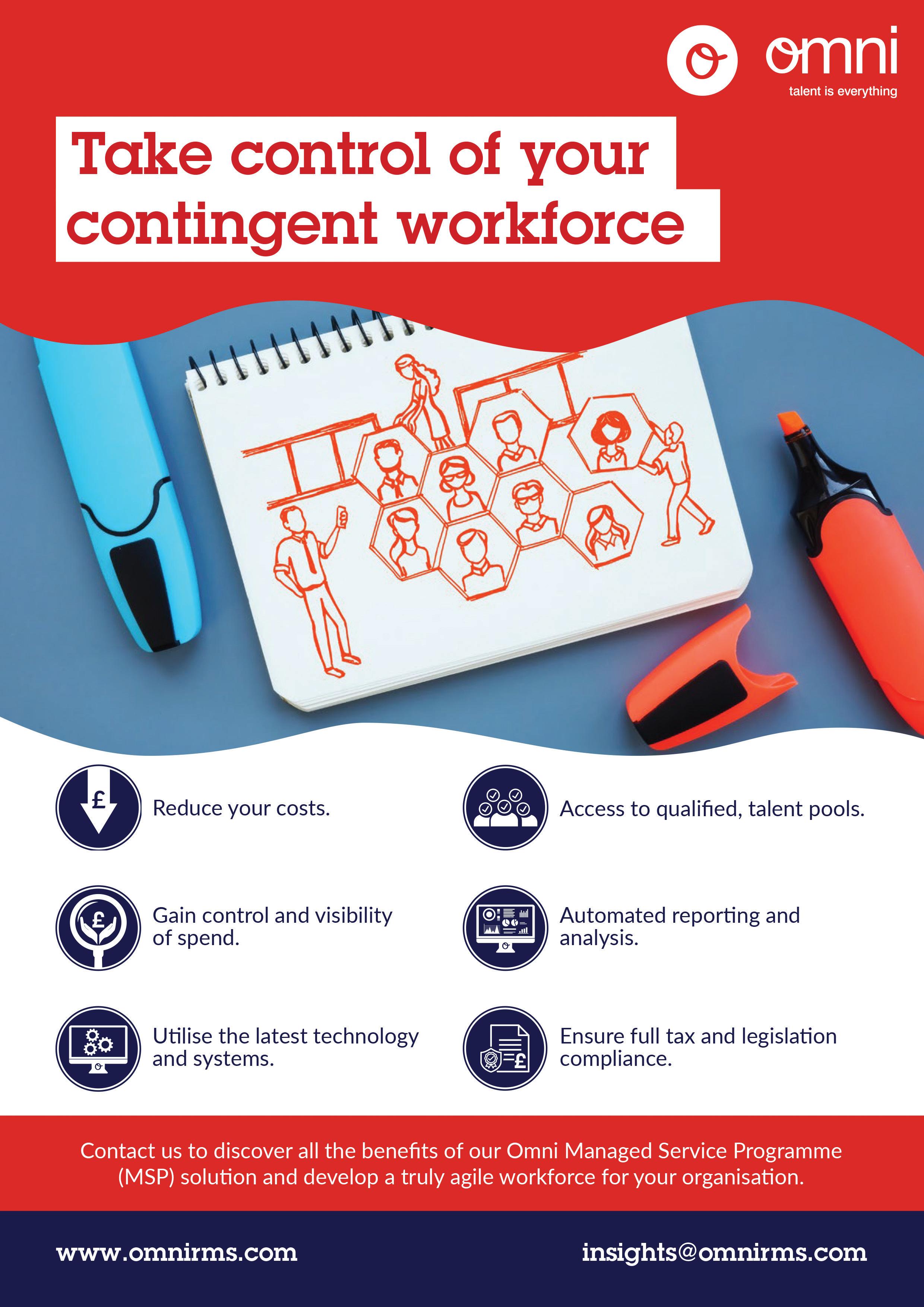
29 June
Hotel Gotham, Manchester
This was a private dinner for TA/HR Leaders across the North. In partnership with Guidant Global, delegates discussed DE&I in the contingent workforce. Contrary to what you may believe based on the name of the venue, Batman, nor the Joker were spotted.

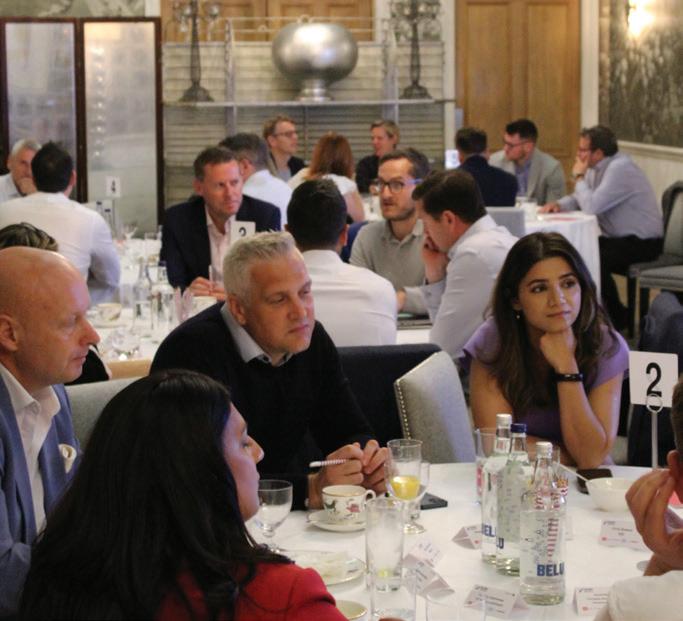
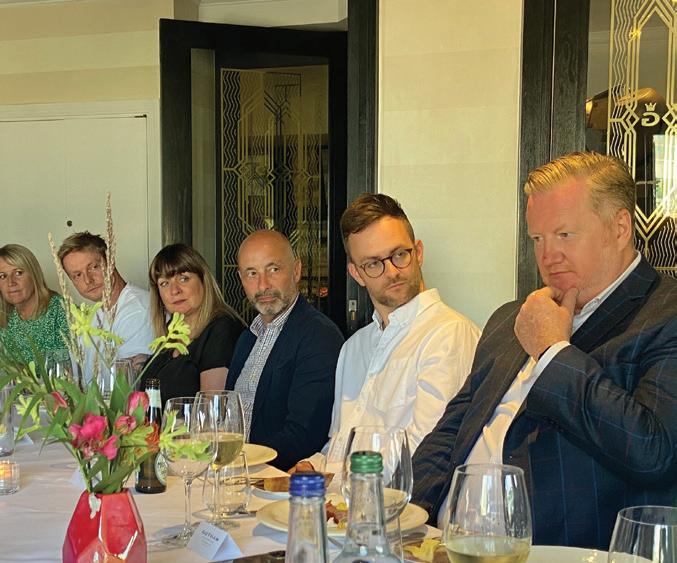

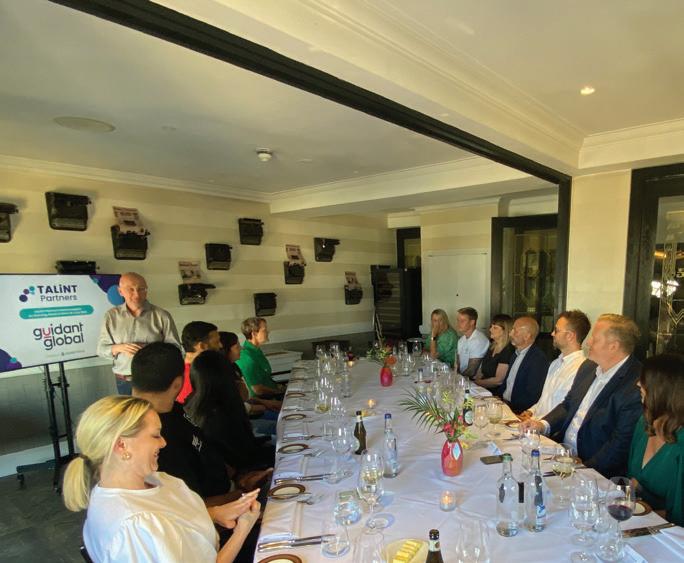
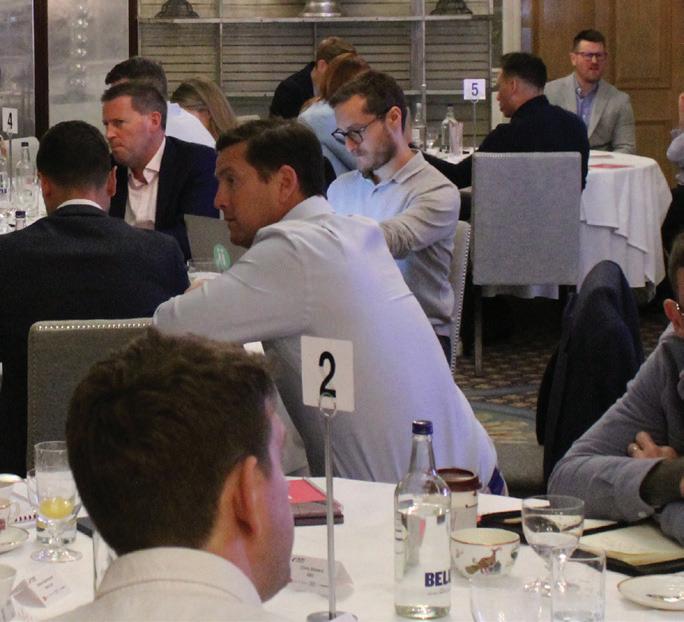
06 July
Haymarket Hotel, London
Against a backdrop of rising interest rates and more cautious lenders & investors, how can recruiters of all sizes maximise tech, funding, talent & insight for more profitable growth?
TALiNT Partners brought together the perfect panel of partner experts & industry thought leaders to answer this and other questions that recruitment leaders should be asking as we head into H2.
TALiNT Partners has had a very successful run of great lunches in dinners where they’ve brought together industry leaders from across the talent ecosystem to talk shop. As the wheels slow down as we approach the summer holidays (what summer?), it’s been great to reflect on the first half of the year and talk about what’s to come!

12 July
Lotos Room, Beaumont Hotel, London
We brought together 25 Talent Acquisition leaders from across a variety of sectors including oil and gas, entertainment and tech. Regardless of the industry, one common thread was that all TA leaders are faced with the same challenges: tech, scarce talent and workforce planning. It’s refreshing to know you’re not alone!

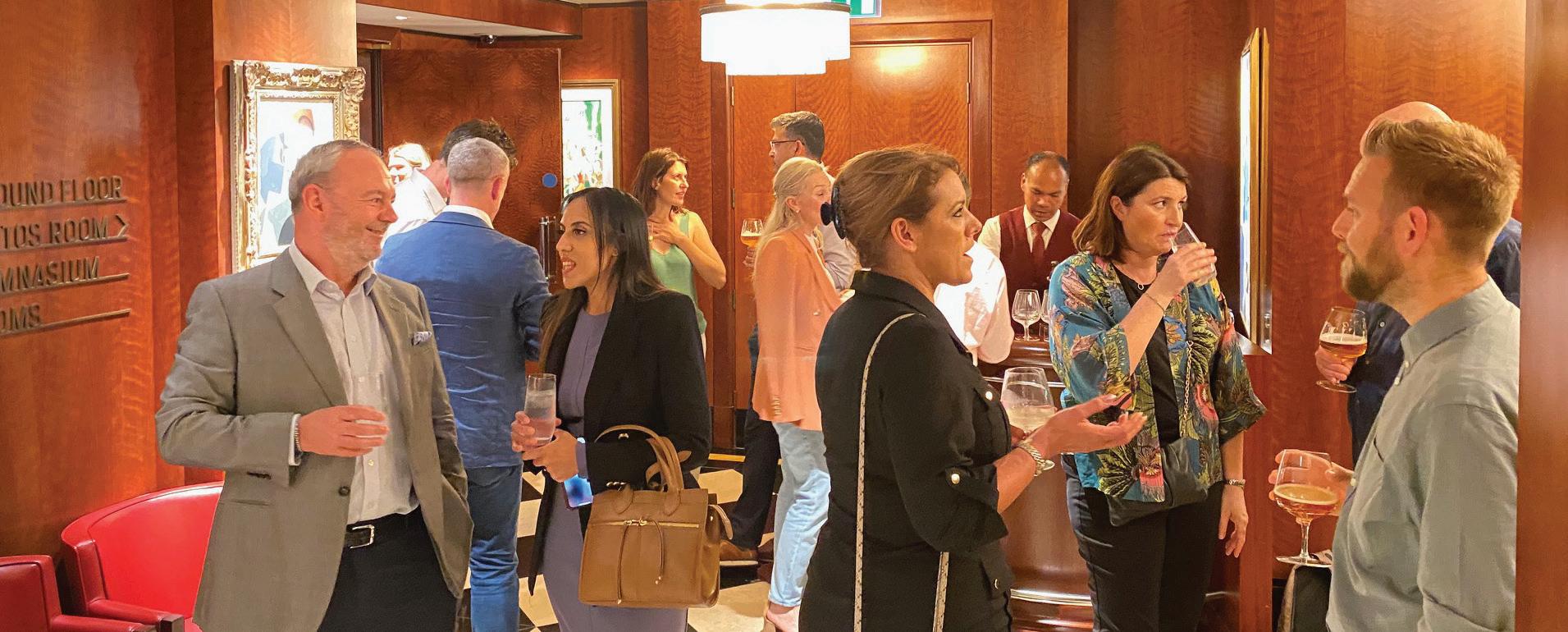

Fortune reported that Suumit Shah, Founder of an India-based AI app called Dukaan, took to Twitter with boasts about how he had streamlined his business by replacing 90% of his customer support team with chatbots.
Despite admi�ng the decision was ‘tough’ but ‘necessary’, he bragged to the world that his app’s response time to user queries had been slashed by 85% after ousting his human employees in favour of the bots.
Shah wrote: “Given the state of economy, startups are prioritising ‘profitability’ over striving to become ‘unicorns,’ and so are we. “It’s less magical, sure, but at least it pays the bills.”
Shah was clearly expecting a wave of praise for his money-saving scheme and tech savviness, but has instead faced a huge backlash over his decision.
One Twitter user responded: “It’s a sad day for the Indian startup community. Founders are more interested in writing viral threads and hooks to get followers than having basic human sensitivity towards their employees.”
Another commented: “I hope people choose wisely before working with founders who have 0 empathy and like gloating about their layoffs.”
Another added:
Companies need to make more profit and we get that… but glorifying layoffs to promote your new AI tool and brag about growth? Gives a really eerie, foreboding feeling.
The leap forward in AI technology has for months been the subject of divisive discussion among professionals. Whilst tools such as ChatGPT are pushing the boundaries of technology’s place in society, the ramifications for the future of human-centric jobs remains largely unknown. And whilst experts have insisted that such tools are there to assist humans, not replace them, it seems that a huge portion of the workforce simply don’t believe this to be true.

In fact, a massive 42% of professionals believe that AI will replace jobs in their area of work, according to data from AtlasVPN.
It’s true that AI tools already help automate tasks, collect and analyse data, create graphic designs, or handle basic customer queries, yet many fear that the ability to scour masses of data at lightning speed and process it into reports or event copy will effectively make humans redundant.
It’s not just the average worker who has shared anxieties around AI’s future. Elon Musk – Tesla CEO and OpenAI co-founder – alongside a group of artificial intelligence experts and industry executives, are calling for a six-month pause in developing systems more powerful than OpenAI’s newly launched GPT-4, citing potential risks to society.
However, it must be noted that a similar percentage (39%) of people disagree that AI will overtake their work. Some jobs still require a physical intervention of a person and, at the moment, cannot be replaced by AI.
Nearly a fifth (19%) of professionals also felt neutral about AI replacing them in their work. Yet, some people may not be fully aware of the extent to which AI could automate their tasks.
A further two-thirds (67%) of people feel optimistic about the benefits AI can bring to society. In addition, 60% of respondents express excitement about AI technology.
67%
number of people who feel op�mis�c about AI.
42%
percentage of people who are scared AI will replace them in the workplace.
39%
percentage of people who felt neutral about AI taking their jobs.
Clearly, the concern of 42% of the workforce isn’t for nothing

The same thing is happening now that generative AI has become mainstream. It’s been around for years, but we’ve never used it in our daily work and personal lives as much as we are now and its obviously sparking debate.
Generative AI systems like Chat GPT have made remarkable advancements, capturing the attention of both the media and the public. While these systems bring numerous benefits, like increased efficiency and innovation, they also give rise to concerns and challenges. There are a few reasons behind the negative press surrounding generative AI and emphasises the importance of responsible development, transparency, and a focus on human-centric AI to harness its potential. By addressing the major concerns like job displacement, data privacy and ethics issues we can foster a more balanced and informed dialogue about the future of AI.
With the automation of routine tasks increasingly driven by AI technology, employment landscapes will experience inevitable changes and job displacement – but it doesn’t have to be doom and gloom. This transition demands a renewed focus on skills that cannot be easily replaced by machines, such as creativity, problem-solving, and critical thinking. While AI promises to create new opportunities, many people may feel apprehensive about their employment and future prospects.
When we reached out to our wider audience for comment on why Talent Leaders believe AI is ge�ng the negative press, the consensus is that there are two main factors fuelling the negative fire around AI: Fear of the unknown and the media.

Marcelle Foxcro�, Global Head of TA at Trustpilot made a valid point around fear
masking its potential benefits: “Anything that is ungoverned and unregulated, makes people nervous. If we think back to the launch of Bitcoin, the majority of the articles were around the use of Bitcoin for organised crime. Few people focussed on the blockchain technology that sat behind it and how innovative the technology was.”
While negative narratives can often surround generative AI, it is important to approach this technology with a balanced perspective and to not fall for the ‘click baity’ media headlines that promote sensationalism and fear. David Annable, CEO and Founder at specialist recruitment company, Franklin Fitch believes that these kinds of headlines only exacerbate the fear of losing your job to a robot and that this fear seems to grow more real than even the science fiction movies that initially depicted the scenario.
When the world wide web arrived way back in 1991, it was met with op�mism and pessimism in equal measure and although it was touted as a universally linked informa�on system, adop�on apprehension was high.


Adopting a strategic workforce planning approach becomes essential, focussing on proactive measures to harness AI’s potential positively. While workforce planning seems an impossible task to TA leaders, the use of Talent Intelligence (market data plus gossip!) can support effective workforce planning and could potentially tell you what skills in future, and where to find them. Therefore, mitigating job loss thanks to AI because you’re able to forward plan.
Again, our audience shared that strategies like upskilling and reskilling should be implemented to mitigate any possible negative affects AI will have the job market.
This involves implementing training programmes, workshops, and resources to foster a culture of continuous learning and adaptability.
Promoting a culture of continuous learning is vital for workforce development and offering upskilling programmes focussed on soft skills helps individuals transition into new roles and fosters adaptability and innovation.
Alex Fourlis, President at Broadbean said, “AI won’t replace your job, but someone who knows how to use AI might…
“More and more we will see companies requiring AI proficiency in their job descriptions, as AI technology becomes as standard in workplace processes as the internet. Organisations shouldn’t shy away from AI but should instead seek to embrace AI tools and technologies that can empower their workers to be more efficient and effective. This includes educating their employees on how to get the most impact of their AI tech stack.”
There isn’t a conversation about AI that doesn’t touch on the notion that AI should be used to automate menial admin tasks to free up time for recruiters and TA leaders to do what they do best: foster relationships. The emphasis on human skills remains as AI can automate tasks, but it can’t replicate essential human qualities like creativity, emotional intelligence, and problem-solving. Encouraging and promoting these unique skills allows employees to complement AI systems effectively.
By pu�ng employees at the centre of AI implementation it creates a people-centric approach. Understanding how AI can improve employee fulfilment and supporting them in adapting to new roles. As such, the integration of AI should be seen as an opportunity to relieve employees from mundane tasks, allowing them to focus on more strategic and impactful aspects of their roles. Travis Kessel, Vice President Talent Acquisi�on at Disney
elaborated on this sentiment. “Similar to other implementations in technology, while this may automate more manual or tactical aspects of a business, it will free others up to focus on more strategic priorities or directly dealing with human interactions. Relationships drive business and the irreplaceable human element that is required for this will not go away.”
“AI as a tool can give us more time to focus on the high-value tasks that require the empathy,

problem-solving and nuance that only humans can provide,” commented Lindsey Zuloaga, Chief Data Scien�st at HireVue.
Jason Heilman, SVP Product – Automa�on and AI at Bullhorn agrees. “When deployed thoughtfully, AI-powered tools will be an enabler of success to those who leverage them — not a replacement for employees. It can empower your junior employees to work more like senior staff, and senior employees to work faster.”
Rather than fearing AI, organisations should embrace it as an empowering tool for their workforce. Educating employees on effective AI utilisation enhances efficiency while retaining human involvement in decision-making.

Major players like Microsoft, Google, and Facebook are investing heavily in its development. However, it is crucial that the benefits of AI technology are distributed fairly across society, and that potential negative social impacts are minimised. There should be policies and strategies that can help achieve this and foster a less frightening AI-driven future.
According to the head of HR at one of the UK’s leading car manufacturers, the responsibility of the safe and ethical use of AI will fall to HR teams.
They said, “AI ethics is probably something that the HR function is going to need to understand in greater depth, along with a greater understanding of what machine learning and statistical inference actually is, so it can be deployed in a considered way to add value for employees and customers.”

One pressing concern is discrimination. For example, the fear that older workers may be overlooked or face barriers when adapting to more tech-centric roles, further exacerbating existing inequalities. Additionally, access to quality education remains unequal, particularly affecting poorer communities. A shortage of skilled workers in STEM fields, worsened by the pandemic and Brexit, has further deepened this divide, leaving many workers behind in the re-skilling process.
Ed Holroyd Pearce, President and Co-founder of Virtual Internships believes that while big corporates have a role to play in the equitable distribution of AI, so do governments and regulators. “Ensuring that technology benefits a wide geographic area and broad sociodemographic backgrounds is going to be something corporates will want to showcase and prove. Equally, passing on cost savings to the customers that need it most will be in focus for some.”
The positive news is that diversity and inclusion (ED&I) and environmental, social, and governance (ESG) considerations have gained prominence in corporate agendas. Could emphasising these principles in AI strategies lead to more inclusive organisations and reduce negative social impacts? Perhaps, but how?
To prepare the workers of tomorrow, AI education should be integrated into the curriculum and embraced as a positive tool. Promoting the use of AI and its benefits can elevate opportunities for everyone, regardless of their background.
As AI’s impact transcends borders, a global approach to regulation and cooperation between tech giants and government leaders is vital. Ma� Comber, CEO at SourceFlow feels we all have a moral obligation to regulate AI use. “We need to look at industry-wide charters and agreements to decide how we will use AI and ethical practices. There is, in truth, not a lot we can do from a policy point of view to stop bad actors when it comes to AI, we instead need to look at ourselves and decide on human and moral policies in terms of our use of it.
Knowing the role changes that AI will bring it is cri�cal to create opportuni�es for our exis�ng colleagues to move or reskill. We have already developed internal Academies where colleagues can learn new skills in tech or finance, among others and are crea�ng a new pla�orm where internal colleagues can display their skills, and poten�ally could be sourced by recruiters for new posi�ons.

I believe it is absolutely essen�al that the tech giants get together with leaders of governments around the world.
The leaders need to understand how to shape new laws and prepare sectors such as educa�on in how to adapt to the changes. Tech giants need to sort out how to protect people from misleading and untruthful informa�on as well as protec�ng children, who are increasingly exposed to online content (good and bad).
Individuals who lack the opportunity to reskill within their current business can explore alterna�ve career paths by iden�fying industries or func�ons that face substan�al shortages presently
and are projected to experience such shortages in the future, as indicated by the skills priority list. Pursuing a transi�on into one of these areas, if feasible, can provide enhanced job security.


A platform specifically developed by staffing organizations, for staffing organizations, to manage programs, gain critical visibility and deliver talents in the fastest fashion.

Set up your clients and their process by your own on the platform and start working with them right away.
RAPID IMPLEMENTATION

Implementation time is 4 to 6 weeks, with no charge for implementation. Contact us on www.pixid-vms.com
CLIENT SERVICE
Laser-sharp focus on the Staffing Industry. Our Team Members have spent over dozen years serving Staffing Clients.
Why choose PIXID VMS? PIXID Group is the European leader in smart technologies dedicated to staffing, recruitment and temp work

For our last HR and Talent leaders’ dinner, hosted in partnership with Omni RMS, we brought 25 delegates together at one of our favourite haunts, the Lotos Room at the Beaumont Hotel.
Our discussion ranged across lots of different topics including:
In what is undoubtedly a challenging market, there was a consensus that there is still strong underlying demand for top TA talent. There were two key attributes highlighted to stand out to prospective and indeed, existing, employers: The clear ability to lead a high performing team; and evidence of successfully managing scale
Ken Brotherston CEO at TALiNT Partners
and complexity. It was felt that TA leadership should generally be able to translate effectively across different sectors. My favourite comment of the evening was: ‘If you crave accountability, resourcing is the place to be.
WHERE (AND HOW) DO YOU DRAW THE LINE IN YOUR C-SUITE’S DEMAND TO DO MORE WITH LESS?
One of the biggest challenges for TA leaders is the expectation that they can continue to deliver against an ever-expanding agenda with
the same or even fewer resources and whilst our group had no shortage of commercial nous, and a recognition that times are tough, there is also a clear belief that the C-suite must step up. The talent agenda is either mission critical or it isn’t and if it is, it needs to be supported accordingly. The role of Talent Intelligence (or market gossip plus data!) was seen as fundamental in helping to build the business case for more investment.
…it always has been, but it’s harder than ever. Understanding how to use external resourcing in a more agile, flexible way is more important than ever and our partners at Omni shared a lot of insight into tips and tactics on how that can be achieved.



said, “Maintaining business continuity in the turbulent economic climate is a top priority for most companies today. With hiring challenges and uncertainty ahead, organisations need flexible staffing solutions to meet their talent needs. As Ken noted, workforce planning is difficult in this environment, but we’re seeing that focussing on process improvements, coaching hiring managers, and empowering talent teams is helping to attract and retain the right talent.”
Inevitably, we also explored AI trends in TA, both at a tactical and strategic level, and especially in the context of employer brand and candidate experience. There were some brilliant insights:


• Don’t pretend to be human. AI is an increasingly ubiquitous feature of our lives; people are ge�ng used to it more and more so differen�a�ng between human and AI interac�ons is important.
• Right now, AI is a great tac�cal tool: Use it for admin and processing tasks and use your humans to build rela�onships.
• There are some genuine ‘strategic shi�s’ not least in how AI is helping employers move towards hiring for skills, but the costs and complexity means this is really for the largest employers for now.
• Data integrity is key – especially with regards to the D&I agenda.
According to Ken Brotherston, Chief Execu�ve of TALiNT Partners, the past year has brought a bunch of challenges for talent acquisition and resourcing teams. But amidst all that, we’re thrilled to recognise and celebrate the amazing work done by all our finalists.
The TIARAs are known for their rigorous judging process and the top-notch panel of judges. Entries have been assessed in key areas like D&I, innovation, partnership, and organisational impact.

Now, the shortlisted entries will be scored by a highly experienced, independent panel of expert judges from the HR and Talent Acquisition community. These judges will gather in a few weeks to discuss and agree on the winners in 12 different categories. Plus, they’ll have a friendly debate to crown the ultimate TA Team of the Year.

The Awards Ceremony is scheduled for the 5th of October at the fabulous Montcalm in London Marble Arch. It’s going to be an event filled with celebration and recognition. Declan Slattery, Head of Employer Programme and Chair of Global Advisory Board at TALiNT Partners, perfectly sums it up: the finalists for the 2023 TIARA Talent Acquisition Awards are beacons of ingenuity and innovation in a world of ever-evolving talent acquisition landscape and soaring expectations from candidates and employees. Their entries demonstrate how TA teams consistently navigate complexities while embracing change with unwavering determination.

TALiNT Partners would like to thank their sponsors for supporting the 2023 awards campaign: Lorien, WeLove9AM, Pontoon, Netive, Stratigens, Unifrog, and Ph.Creative. Their commitment to excellence in talent acquisition is instrumental in making this event a success.
It’s going to be a fantastic celebration of brilliance and innovation in the talent acquisition world! Here are the finalists!
• The DE&I Award
• The Stratigens Talent Intelligence Award
Supported by Amberjack
• The Candidate Assessment Award
• The Unifrog Early Careers Pioneer Award
• The Lorien Candidate Experience Award
• The DE&I Award
• The Lorien Candidate Experience Award
• The Candidate Assessment Award
• The Unifrog Early Careers Pioneer Award

• The DE&I Award
Supported by Creed Comms


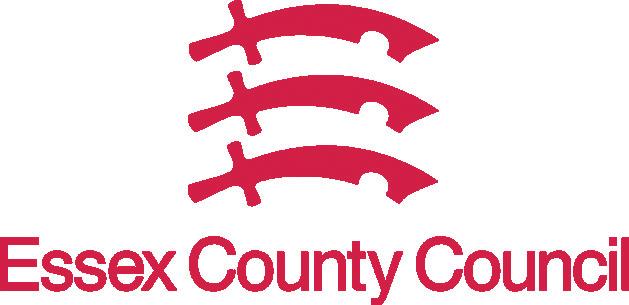
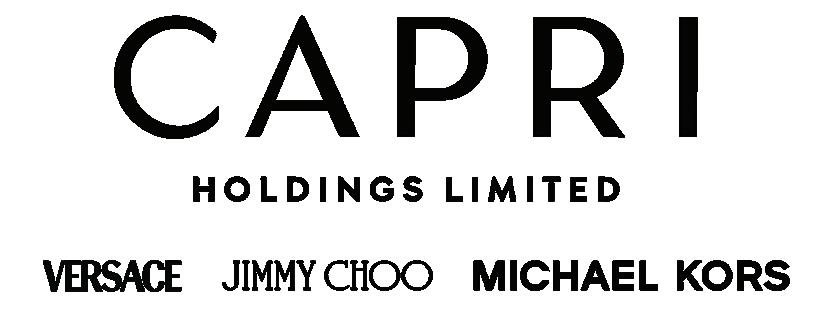
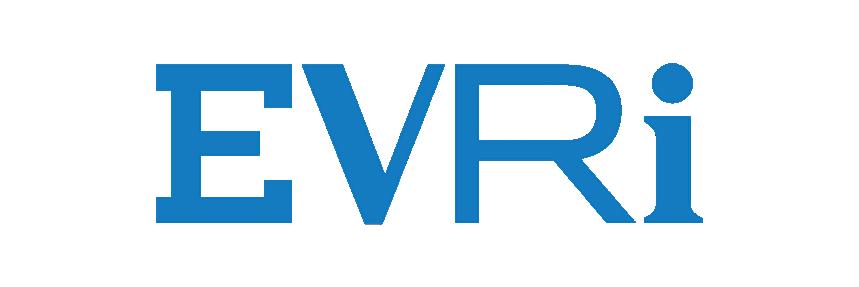

• The Ph.Creative Recruitment Marketing Campaign of the Year


• The Best Careers Website
• The Best Use of Social Media
• The Stratigens Talent Intelligence Award
• The Excellence in Onboarding Award
Supported by SMRS


• The WeLove9AM Employer Brand Award
Supported by BrandPointZero
• The WeLove9AM Employer Brand Award
• The Ph.Creative Recruitment Marketing Campaign of the Year
Supported by Creed Comms
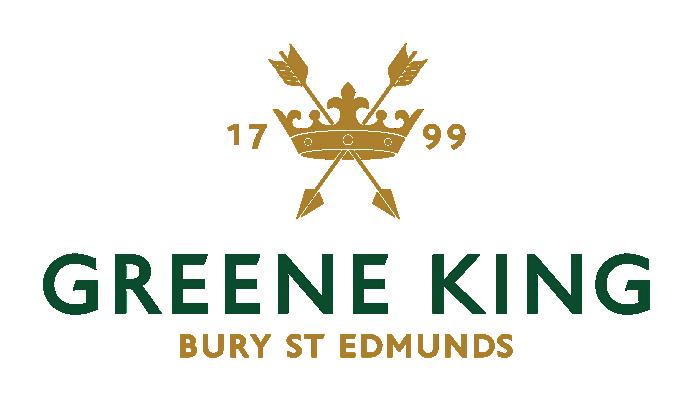

• The Ph.Creative Recruitment Marketing Campaign of the Year


• The Best Careers Website


• The Best Use of Social Media
• The DE&I Award
• The WeLove9AM Employer Brand Award
• The Best Use of Social Media supported by Wiser
• The Unifrog Early Careers Pioneer Award
• The DE&I Award
Supported by Enboarder
• The Excellence in Onboarding Award
• The Stratigens Talent Intelligence Award
Supported by Meet & Engage

• The Lorien Candidate Experience Award

• The Best Use of Social Media

Supported by Meet & Engage
• The Excellence in Onboarding Award
• The Pontoon Best use of Technology Award
• The Best Innovation in Internal Recruitment Award
• The Ph.Creative Recruitment Marketing Campaign of the Year


Supported by Creed Comms
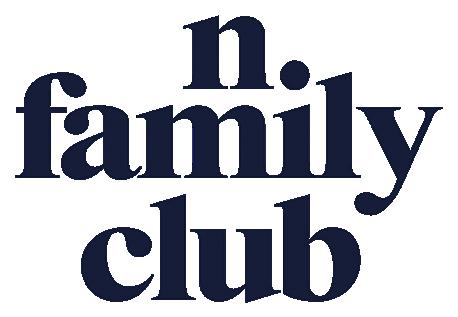
• The Best Careers Website
• The Best Innovation in Internal Recruitment Award
• The Best Innovation in Internal Recruitment Award
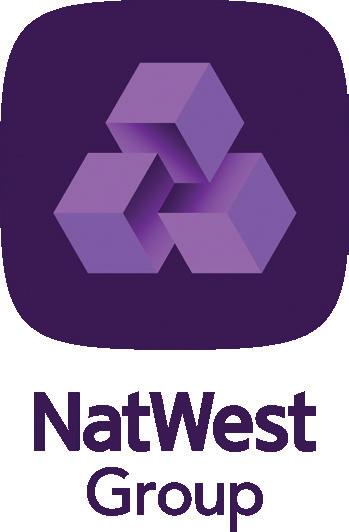

Supported by Eploy
• The Pontoon Best use of Technology Award
Supported by SMRS

• The WeLove9AM Employer Brand Award
Supported by Eploy

• The Best Careers Website

• The Stratigens Talent Intelligence Award

Supported by WDAD Communica�ons

• The WeLove9AM Employer Brand Award
Supported by Radancy
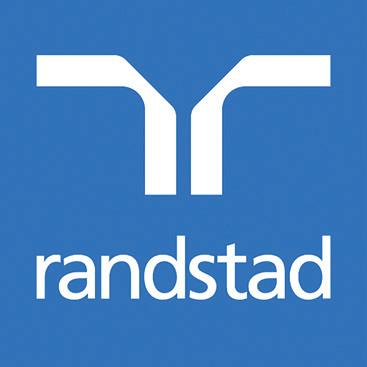

• The WeLove9AM Employer Brand Award
• The Best Use of Social Media
• The Pontoon Best use of Technology Award supported by Sova Assessment
• The Candidate Assessment Award supported by Sova Assessment

• The WeLove9AM Employer Brand Award supported by MSL UK



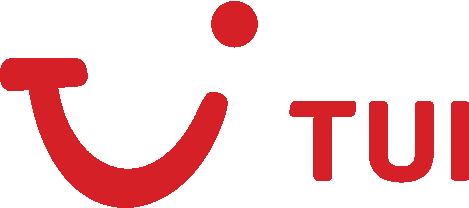

Supported by Amberjack
• The Lorien Candidate Experience Award
• The Excellence in Onboarding Award
• The Lorien Candidate Experience Award

• The Excellence in Onboarding Award
Supported by SMRS
• The Pontoon Best use of Technology Award
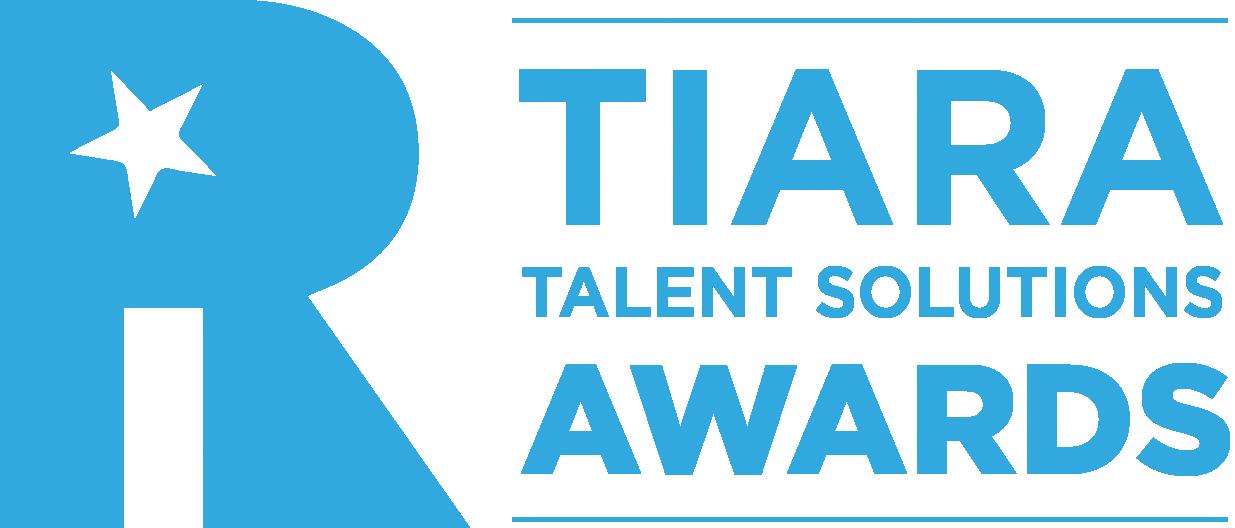
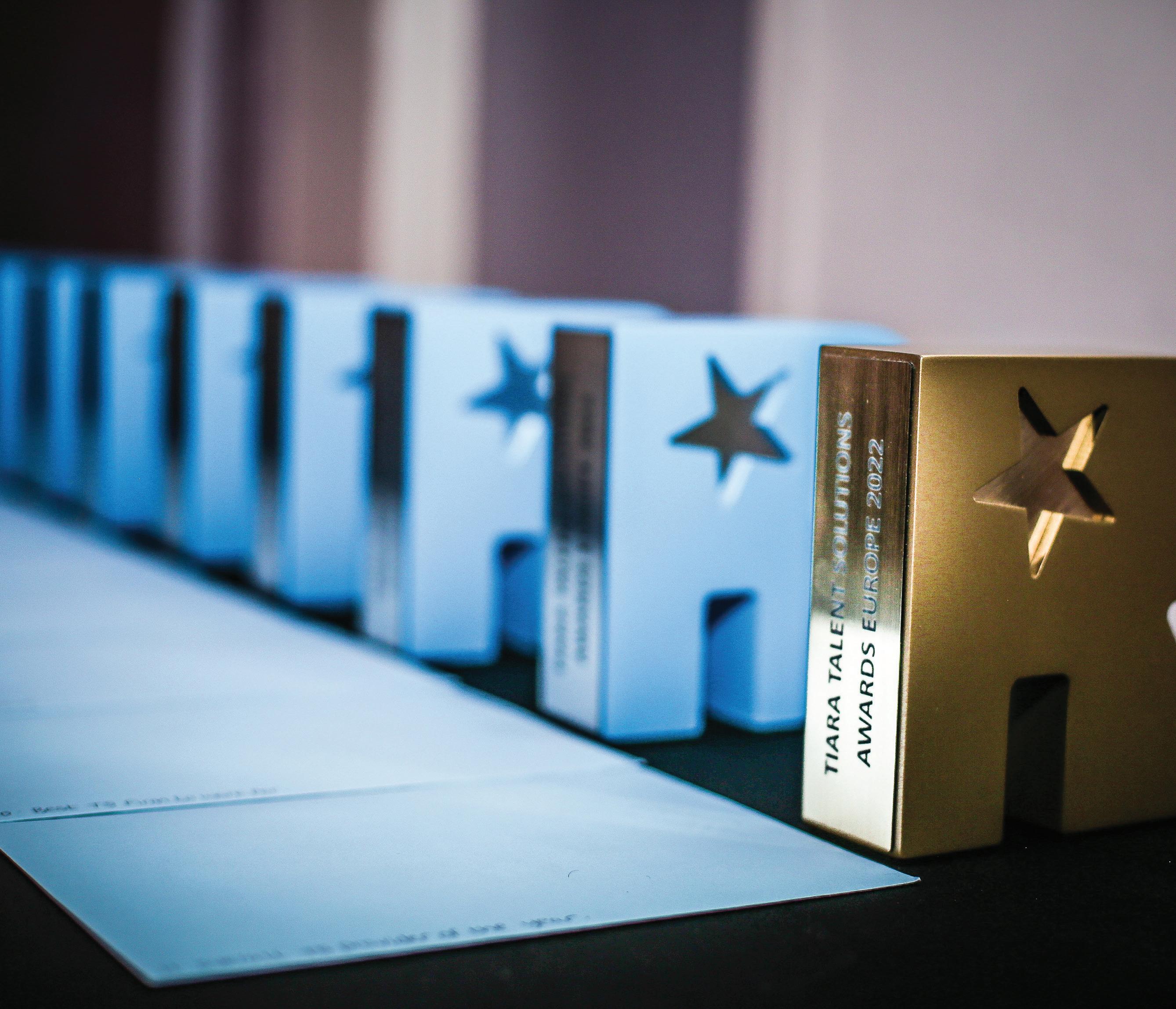
TALiNT Partners has unveiled the esteemed finalists for the highly an�cipated 2023 TIARA Talent Solu�ons Awards Europe. The awards aim to recognise the best companies in the RPO (Recruitment Process Outsourcing), MSP (Managed Service Provider), and Talent Solu�ons market across Europe.
Ken Brotherston, Chief Executive of TALiNT Partners, expressed his delight at the growing stature of the TIARA Talent Solutions awards, which have firmly established themselves as the industry benchmark. The presence of both returning finalists and new entrants demonstrates the continued growth and dynamism of the sector. Despite facing challenges in the past year, the awards serve as a true celebration of excellence across the market, embracing global majors, regional leaders, fast-growing scale-ups, and niche providers, all making significant impacts on employers and their own employees.
The shortlisted entries will now progress to the next round, where they will be evaluated by an expert panel of judges with extensive experience in HR and Talent Acquisition. In a few weeks, these judges will convene to deliberate and select winners in all 11 categories, including the highly-coveted Talent Solutions Provider of the Year award.
The exciting moment for all contenders, including the recipient of the prestigious lifetime achievement award, will take place at the black-tie awards ceremony scheduled for
Thursday, 21st September, at the elegant Pan Pacific Hotel in London. The event promises to be a grand affair, celebrating the achievements and contributions of the best in the industry.
TALiNT Partners is proud to have Cornerstone as the headline partner for the 2023 awards campaign. The event is also supported by sponsors Amdaris, Giant Group, Parasol, Sonovate, and Stratigens, who play a significant role in making this celebration possible.
The TIARA Talent Solutions Awards Europe have become a definitive platform to honour excellence in the talent solutions market. As the anticipation builds, all eyes are set on the upcoming awards ceremony to witness the well-deserved recognition of outstanding achievements across the industry.
We’re thrilled to announce the finalists!

• The DE&I Award
• The Amdaris Long-Term Partnership Award
• The ESG Initiative of the Year
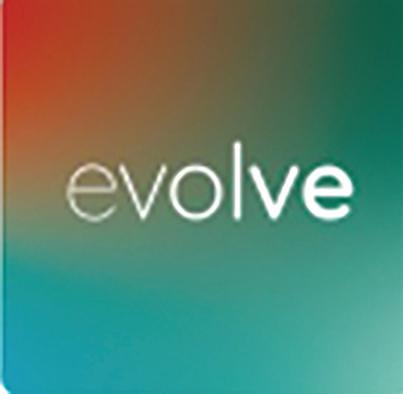
• The Early Careers Initiative
• The Amdaris Long-Term Partnership Award
• The Employer Brand Award
• The Early Careers Initiative
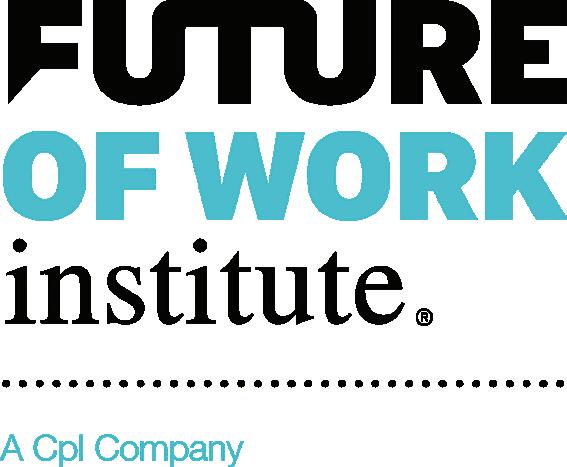
• The Giant Group Best New Talent Solutions Provider
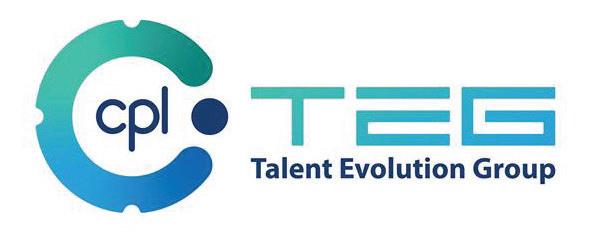
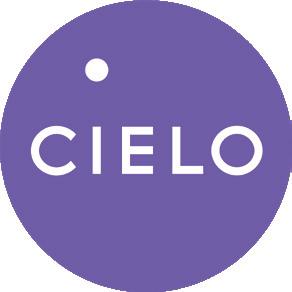

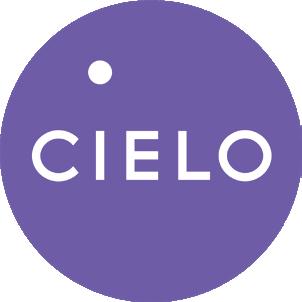

• The Employer Brand Award
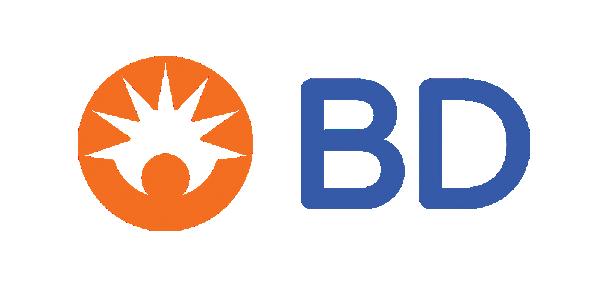
• The Stratigens Talent Solutions Innovation of the Year Award

• The Amdaris Long-Term Partnership Award
• The Amdaris Long-Term Partnership Award

• The DE&I Award
• The Cornerstone Client Service Award
• The Early Careers Initiative
• The Amdaris Long-Term Partnership Award
• The Giant Group Best New Talent Solutions Provider
• The Employer Brand Award
• The Amdaris Long-Term Partnership Award
• The Cornerstone Client Service Award
• The Amdaris Long-Term Partnership Award
• The Parasol Best Talent Attraction Strategy Award
• The Stratigens Talent Solutions Innovation of the Year Award
• The Giant Group Best New Talent Solutions Provider
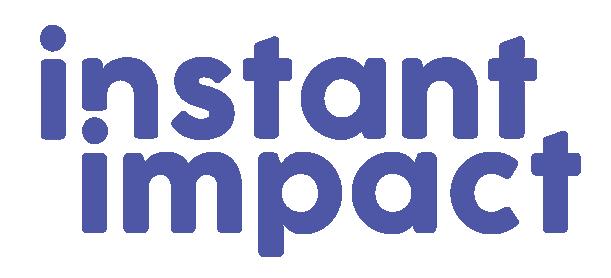
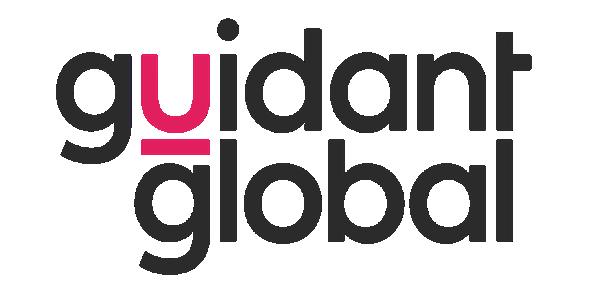





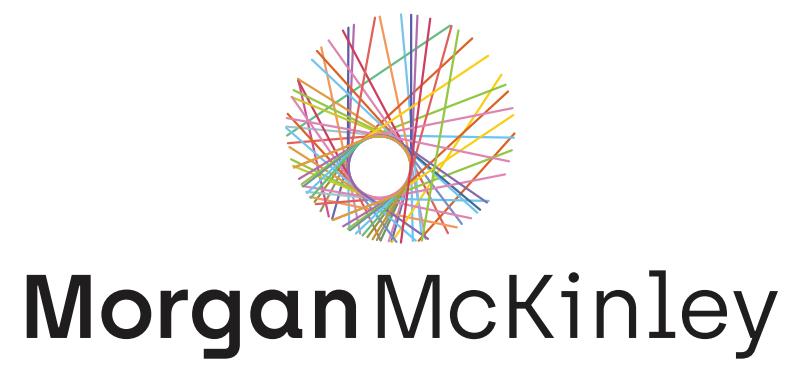


• The Parasol Best Talent Attraction Strategy Award
• The Cornerstone Client Service Award
• The Amdaris Long-Term Partnership Award
• The Stratigens Talent Solutions Innovation of the Year Award
• The Cornerstone Client Service Award
• The Amdaris Long-Term Partnership Award
• The Cornerstone Client Service Award
• The Amdaris Long-Term Partnership Award
• The Employer Brand Award
• The Parasol Best Talent Attraction Strategy Award
• The DE&I Award
• The Sonovate Best Talent Solutions Firm To Work For
• The Early Careers Initiative
• The Parasol Best Talent Attraction Strategy Award
• The Stratigens Talent Solutions Innovation of the Year Award
• The Sonovate Best Talent Solutions Firm To Work For
• The Amdaris Long-Term Partnership Award
• The Early Careers Initiative

• The Amdaris Long-Term Partnership Award
• The ESG Initiative of the Year
• The DE&I Award
• The Cornerstone Client Service Award x2
• The Sonovate Best Talent Solutions Firm To Work For
• The Amdaris Long-Term Partnership Award
• The ESG Initiative of the Year
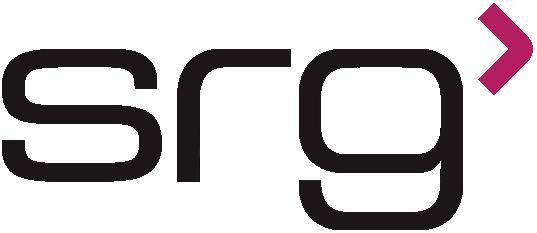
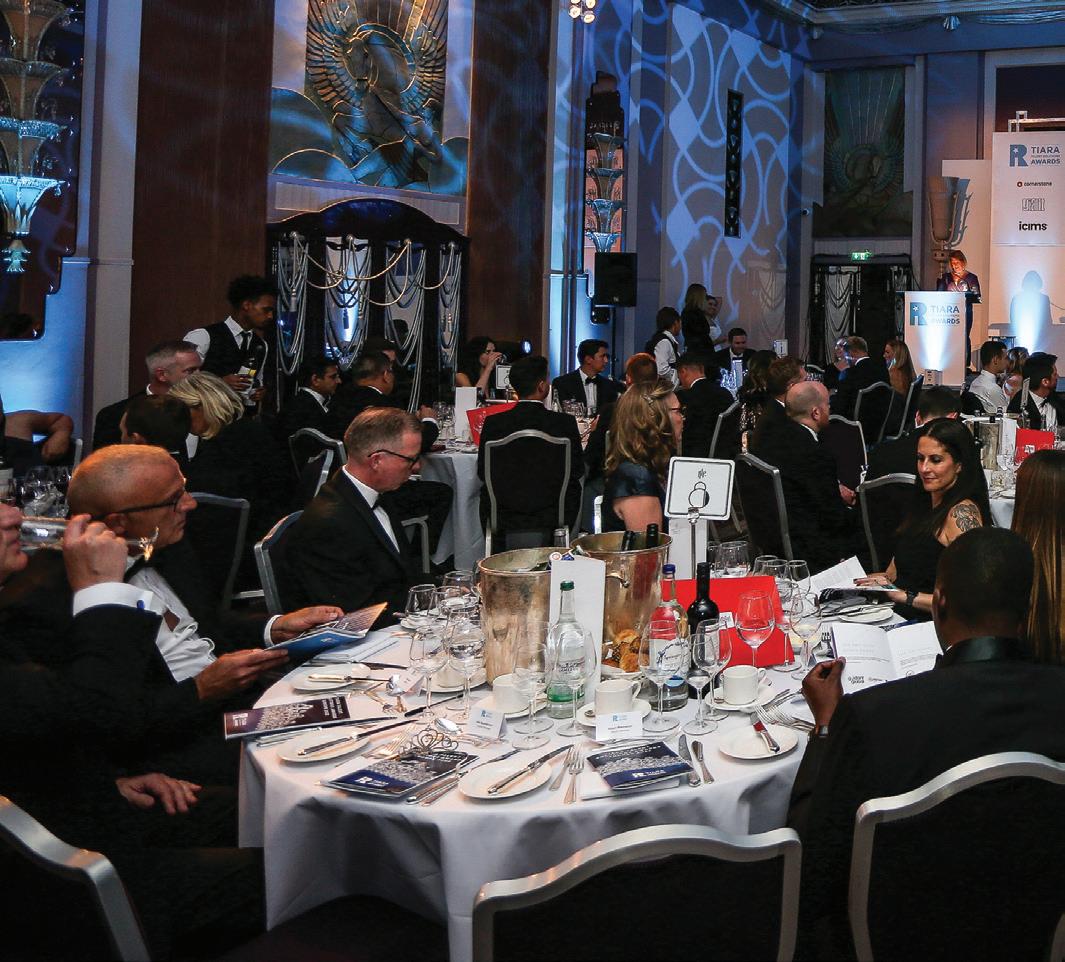


• The Stratigens Talent Solutions Innovation of the Year Award


• The Sonovate Best Talent Solutions Firm To Work For


• The Amdaris Long-Term Partnership Award
• The Cornerstone Client Service Award
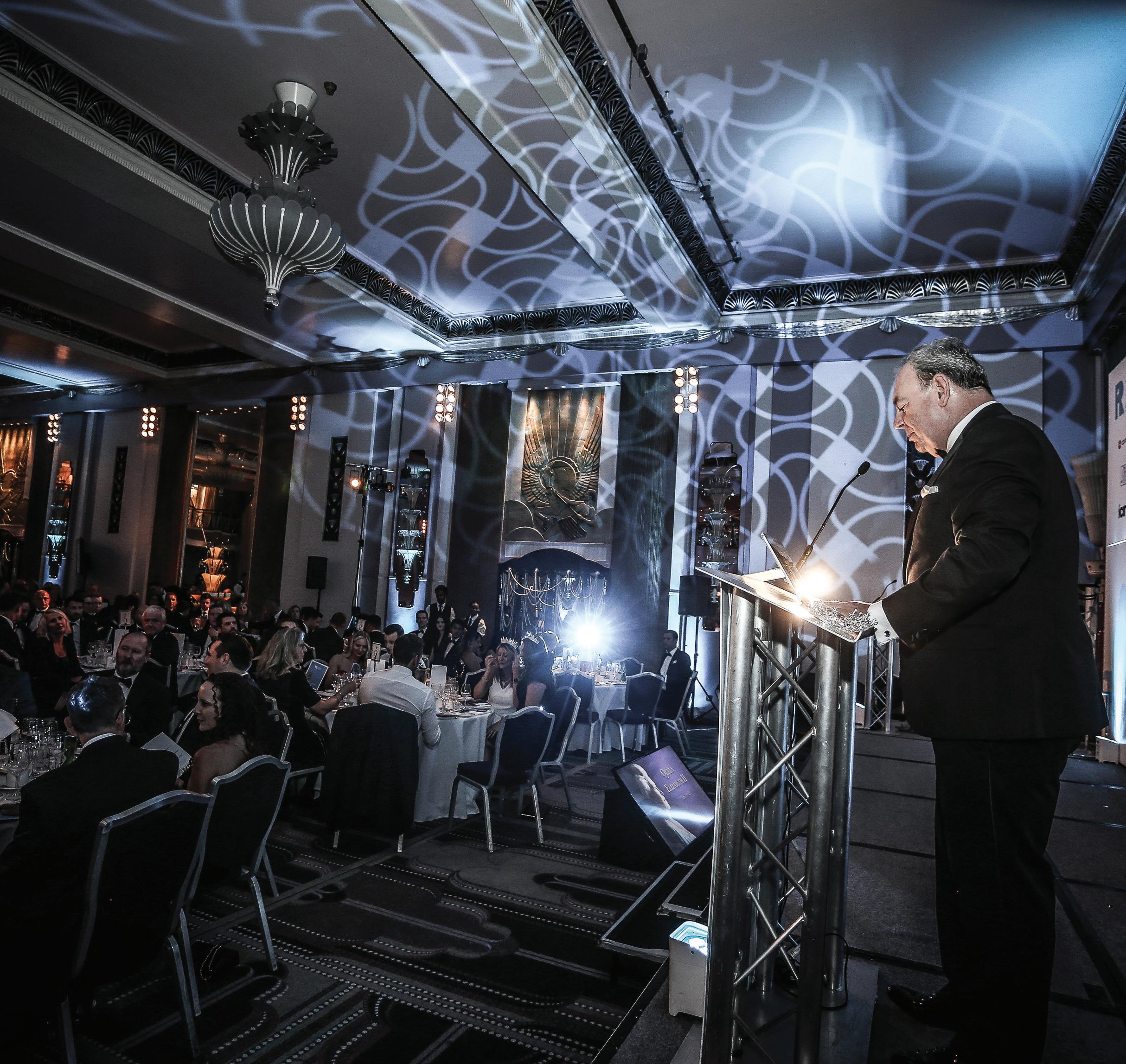

In a celebra�on of excellence and adaptability, TALiNT Partners has revealed the shortlist for the pres�gious 2023 TIARA UK&I Recruitment Awards. Out of an impressive array of staffing firms, 70 of the UK’s finest have made it to the final round, compe�ng in 16 dis�nct award categories.

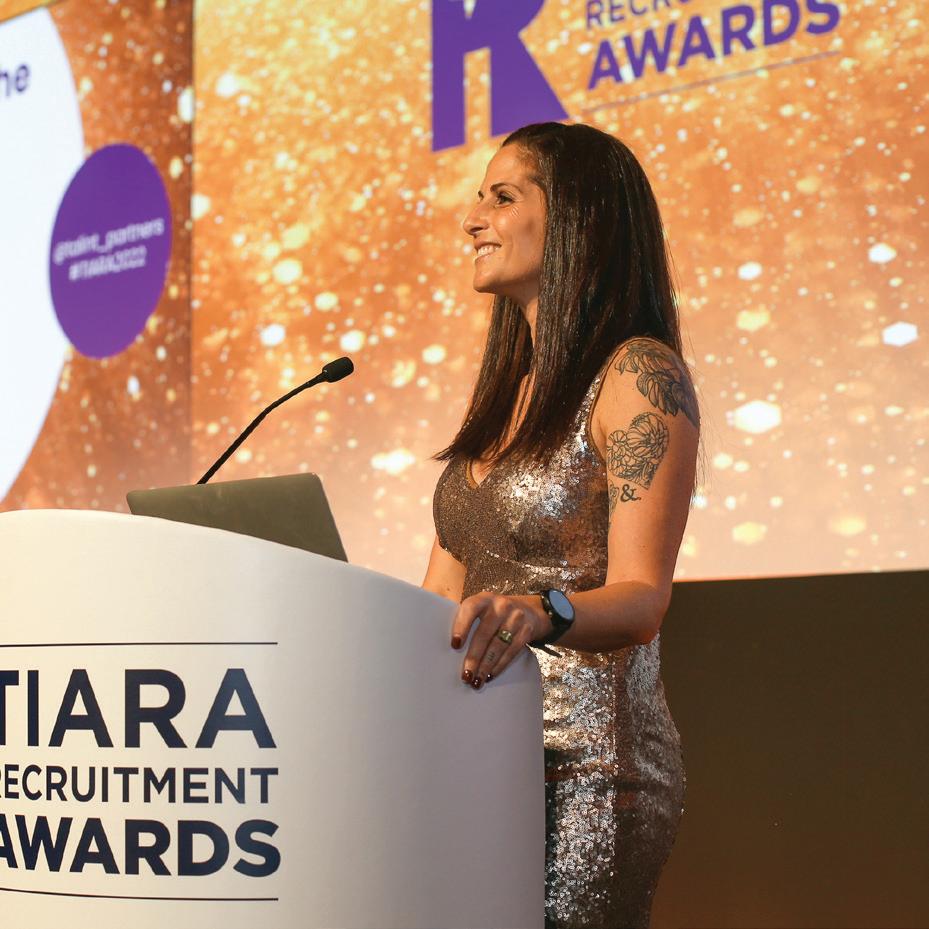
Among the contenders are top industry players who have demonstrated remarkable resilience, surpassing the challenges posed by the recession and effectively navigating a more demanding economic landscape. Their success is attributed to strategic investments in talent acquisition, technological optimisation, and differentiation in client and candidate services,
propelling them to a position of strength in the sector’s ongoing transformation.
Alex Evans, the Managing Director of TALiNT Partners, expressed admiration for the shortlisted firms, saying, “The best recruiters in the sector have defied recession and adapted to a more challenging economic environment
by investing in the right talent, optimising technology, and differentiating their client and candidate service to compete more successfully. With a combined turnover of over £31 billion, and collectively employing 25,521 talented people, the 70 shortlisted staffing firms represent the UK & Ireland’s most resilient recruiters at the forefront of the sector’s transformation.”
The TIARA Recruitment Awards Ceremony promises to be a remarkable event, attracting 500 industry leaders who will gather in person at The Brewery in London on Wednesday, 18th October. During the gala dinner, this year’s Hall of Fame recipient will be announced and honored by their peers.
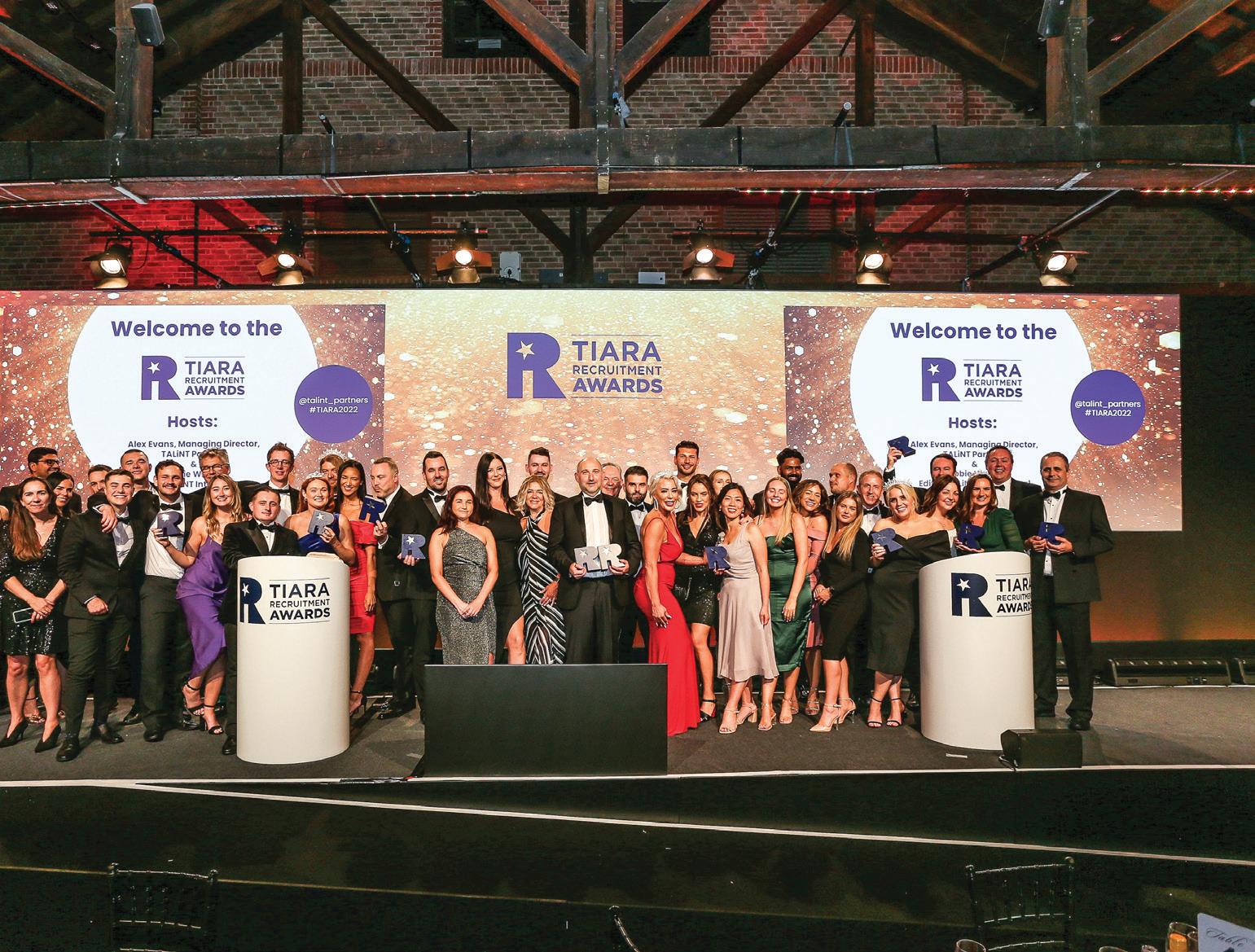


Ka�e Folwell-Davies, Investment Partner at Twenty20 Capital and Chair of Judges, expressed her enthusiasm about the competition, stating, “It’s great to see so many of the industry’s biggest brands and most successful challengers taking part in the 2023 TIARA UK&I Recruitment Awards. These marketleading firms are an inspiration to the sector, not only proving the success of new models and services but the return on investment in talent and technology to adapt to new client, candidate, and consultant expectations.”
Transformation, resilience, and inclusion serve as the core themes for this year’s TIARA Recruitment Awards campaign, with a focus on diversity, equity, and inclusion (DEI) as well as long-term growth across all award categories.
Jason Mar�n, Head of Strategy at Access Recruitment and Headline Partner of the TIARAs, emphasised the importance of innovation and technological integration, remarking, “It’s always impressive when past winners show that they’re still going above and beyond, being innovative and se�ng a great example as well. As always, I’ll be looking at how the best are using tech and automation to enable their business.”
Mark Kieve, CEO of Pixid and Campaign Partner of the TIARAs, highlighted the significance of a unified purpose and goal within teams, stating, “The best balance of tech and talent to deliver improvement but also how teams are uniting behind a shared purpose and goal – whether it’s to be the best recruiter in their market specialism or to transform recruitment with new models, solutions, or approaches.”
The TIARA judging panel is composed of distinguished industry executives, NonExecutive Directors (NEDs), chairpersons, along with leading experts, advisors, and corporate heads of Human Resources and Talent Acquisition.
This year’s TIARA 2023 campaign enjoys the support of Headline Partner Access Recruitment, Campaign Partner Pixid, and various sponsors, including Sonovate, Vincere, ForeTwo Group, WorkWell, Qdos, 6CATS International, Grant Thornton, Parasol Group, Sourcewhale, Twenty20 Capital, Saffery Champness, Blackwood Capital, Mishcon de Reya, and Mercury.
With anticipation building up, the industry eagerly awaits the TIARA UK&I Recruitment Awards ceremony to celebrate the achievements and contributions of the finest recruiters who continue to drive professional services and economic growth, attracting diverse talent and forging new paths in the world of recruitment.
• The Qdos Growth Recruitment Company of the Year
• The 6cats International Recruitment Company of the Year
• The Blackwood Capital Best Recruitment Company to Work For (£100M+)
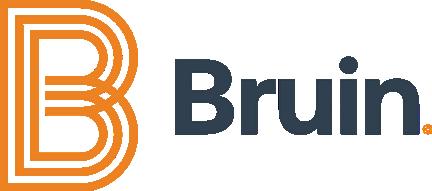



• The Fore:Two Group Candidate Experience Award

• The Twenty20 Capital Best Recruitment Company to Work For (£5M-£20M)
• The Pixid Business Services Team of the Year
• The Vincere Best Use of Technology Award
• The Scale Up Recruitment Company of the Year
• The Workwell Innovation Award
• The SourceWhale Best Recruitment Company to Work For (£5M-£20M)
• The Grant Thornton Specialist Recruitment Company of the Year (Over 50M)
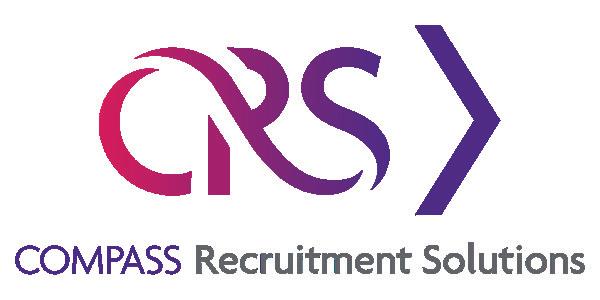
• The Qdos Growth Recruitment Company of the Year
• The Grant Thornton Specialist Recruitment Company of the Year (Up to 50M)

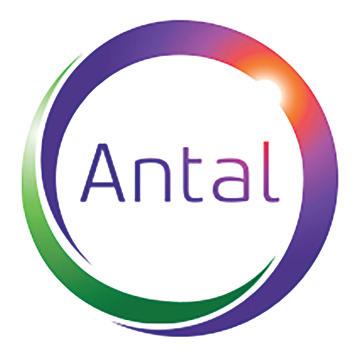
• The SourceWhale Best Recruitment Company to Work For (£5M-£20M)
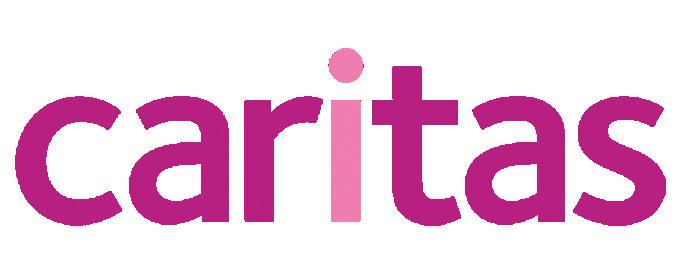
• The SourceWhale Best Recruitment Company to Work For (£5M-£20M)
• The Fore:Two Group Candidate Experience Award

• The Grant Thornton Specialist Recruitment Company of the Year (Up to 50M)
• The Twenty20 Capital Best Recruitment Company to Work For (£20M-£50M)

• The Vincere Best Use of Technology Award
• The Blackwood Capital Best Recruitment Company to Work For (£100M+)
• The Vincere Best Use of Technology Award
• The Grant Thornton Specialist Recruitment Company of the Year (Up to 50M)

• The SourceWhale Best Recruitment Company to Work For (£5M-£20M)
• The Sonovate Client Service Award
• The 6cats International Recruitment Company of the Year
• The Grant Thornton Specialist Recruitment Company of the Year (Over 50M)
• The Parasol Temporary Recruitment Company of the Year
• The Parasol Temporary Recruitment Company of the Year
• The Saffery Champness Best Recruitment Company to Work For (£50M-£100M)
• The Vincere Best Use of Technology Award
• The Parasol Temporary Recruitment Company of the Year
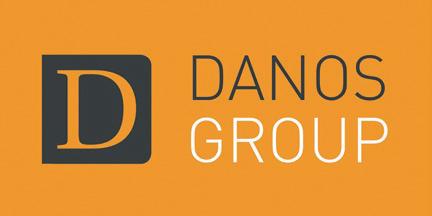
• The Saffery Champness Best Recruitment Company to Work For (£50M-£100M)


• The Mishcon de Reya Recruitment Leader of the Year

• The Scale Up Recruitment Company of the Year
• The Vincere Best Use of Technology Award

• The SourceWhale Best Recruitment Company to Work For (£5M-£20M)
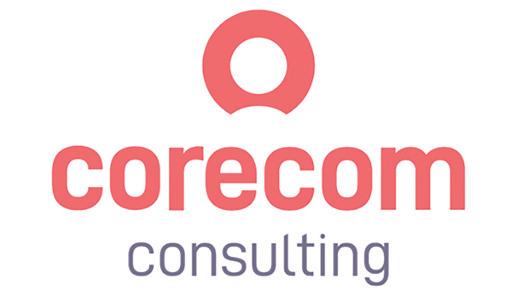
• The Workwell Innovation Award

• The Qdos Growth Recruitment Company of the Year
• The Blackwood Capital Best Recruitment Company to Work For (£100M+)
• The Mishcon de Reya Recruitment Leader of the Year



• The Parasol Temporary Recruitment Company of the Year
• The Saffery Champness Best Recruitment Company to Work For (£50M-£100M)
• The Grant Thornton Specialist Recruitment Company of the Year (Over 50M)
• The Qdos Growth Recruitment Company of the Year

• The Saffery Champness Best Recruitment Company to Work For (£50M-£100M)
• The Grant Thornton Specialist Recruitment Company of the Year (Over 50M)

• The Parasol Temporary Recruitment Company of the Year


• The Blackwood Capital Best Recruitment Company to Work For (£100M+)

• The Scale Up Recruitment Company of the Year
• The Twenty20 Capital Best Recruitment Company to Work For (£20M-£50M)


• The Scale Up Recruitment Company of the Year
• The Vincere Best Use of Technology Award

• The Fore:Two Group Candidate Experience Award
• The Blackwood Capital Best Recruitment Company to Work For (£100M+)
• The Workwell Innovation Award
• The Pixid Business Services Team of the Year
• The SourceWhale Best Recruitment Company to Work For (£5M-£20M)
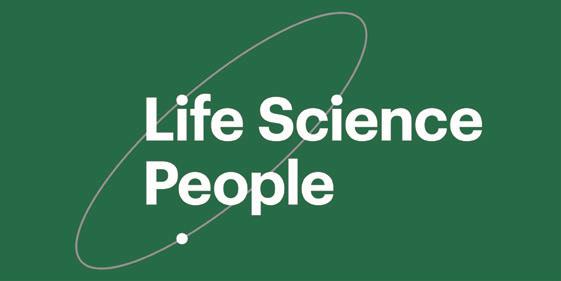
• The Grant Thornton Specialist Recruitment Company of the Year (Over 50M)
• The Mishcon de Reya Recruitment Leader of the Year
• The Vincere Best Use of Technology Award
• The Workwell Innovation Award

• The Blackwood Capital Best Recruitment Company to Work For (£100M+)
• The Fore:Two Group Candidate Experience Award
• The Grant Thornton Specialist Recruitment Company of the Year (Over 50M)


• The Mishcon de Reya Recruitment Leader of the Year


• The Fore:Two Group Candidate Experience Award
• The 6cats International Recruitment Company of the Year

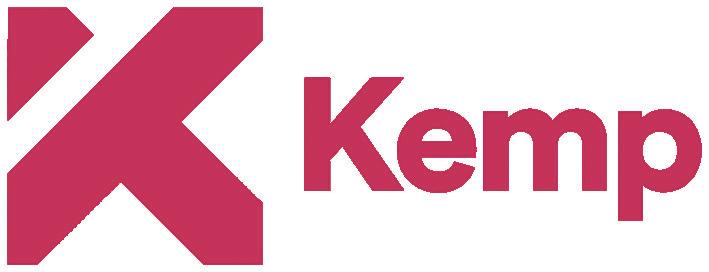
• The Blackwood Capital Best Recruitment Company to Work For (£100M+)

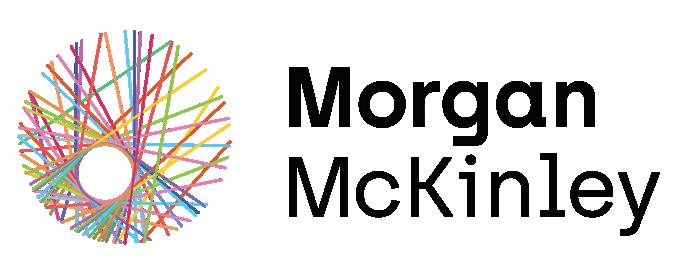
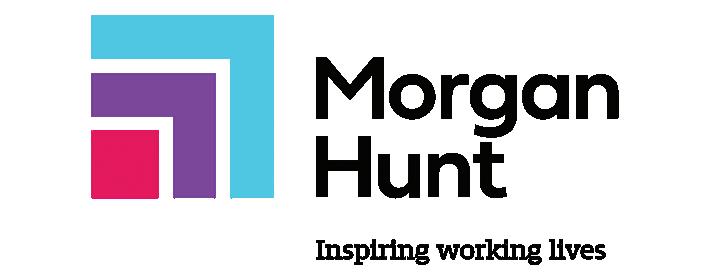
• The Scale Up Recruitment Company of the Year
• The Pixid Business Services Team of the Year
• The Grant Thornton Specialist Recruitment Company of the Year (Over 50M)
• The Sonovate Client Service Award
• The 6cats International Recruitment Company of the Year
• The 6cats International Recruitment Company of the Year
• The Twenty20 Capital Best Recruitment Company to Work For (£20M-£50M)
• The Pixid Business Services Team of the Year

• The Workwell Innovation Award

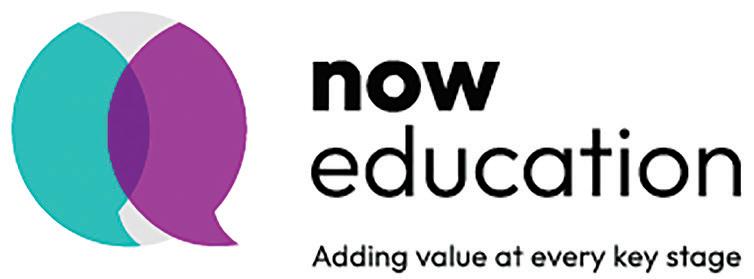
• The Qdos Growth Recruitment Company of the Year
• The Grant Thornton Specialist Recruitment Company of the Year (Up to 50M)
• The Mishcon de Reya Recruitment Leader of the Year
• The Twenty20 Capital Best Recruitment Company to Work For (£20M-£50M)



• The Qdos Growth Recruitment Company of the Year
• The Mishcon de Reya Recruitment Leader of the Year
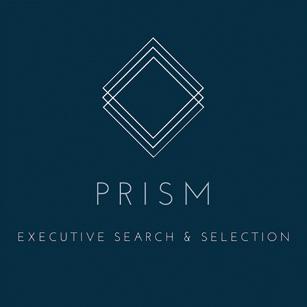
• The Sonovate Client Service Award
• The Sonovate Client Service Award
• The Fore:Two Group Candidate Experience Award
• The Scale Up Recruitment Company of the Year

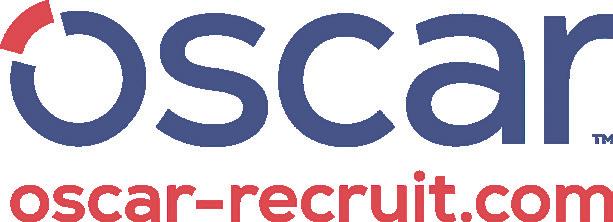
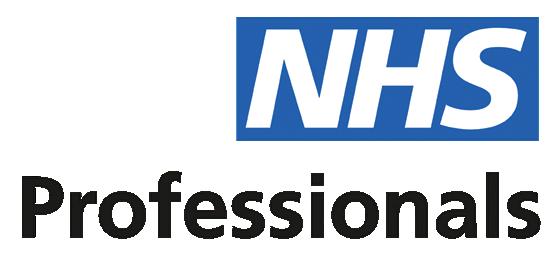
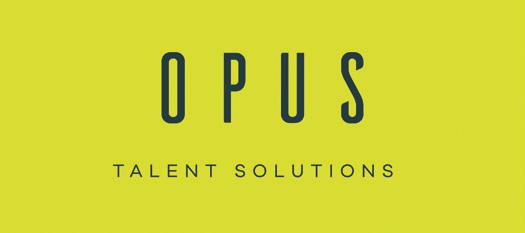
• The 6cats International Recruitment Company of the Year
• The Pixid Business Services Team of the Year
• The Sonovate Client Service Award
• The Fore:Two Group Candidate Experience Award
• The Saffery Champness Best Recruitment Company to Work For (£50M-£100M)
• The Sonovate Client Service Award
• The Grant Thornton Specialist Recruitment Company of the Year (Up to 50M)
• The Twenty20 Capital Best Recruitment Company to Work For (£20M-£50M)
• The Scale Up Recruitment Company of the Year
• The Pixid Business Services Team of the Year
• The Qdos Growth Recruitment Company of the Year
• The Parasol Temporary Recruitment Company of the Year

• The Saffery Champness Best Recruitment Company to Work For (£50M-£100M)

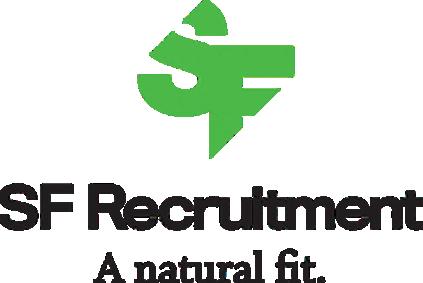

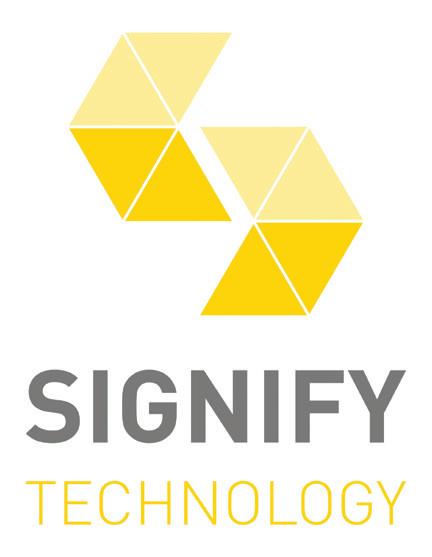
• The Qdos Growth Recruitment Company of the Year

• The Grant Thornton Specialist Recruitment Company of the Year (Up to 50M)
• The Twenty20 Capital Best Recruitment Company to Work For (£20M-£50M)
• The Pixid Business Services Team of the Year
• The SourceWhale Best Recruitment Company to Work For (£5M-£20M)

• The Twenty20 Capital Best Recruitment Company to Work For (£20M-£50M)
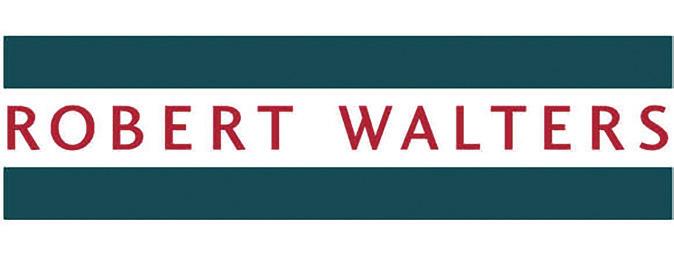
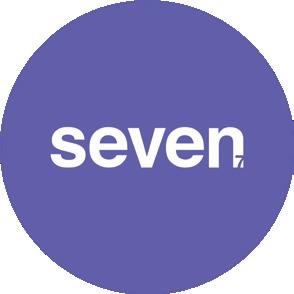
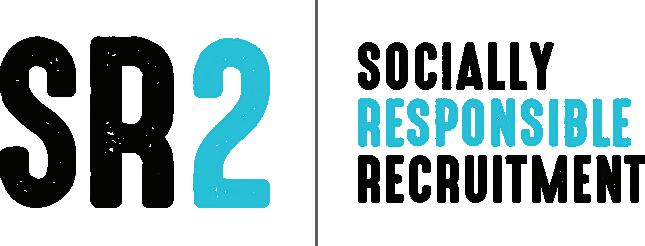
• The Mishcon de Reya Recruitment Leader of the Year
• The Vincere Best Use of Technology Award
• The Qdos Growth Recruitment Company of the Year
• The 6cats International Recruitment Company of the Year
• The Grant Thornton Specialist Recruitment Company of the Year (Up to 50M)
• The Parasol Temporary Recruitment Company of the Year
• The Grant Thornton Specialist Recruitment Company of the Year (Over 50M)

• The Sonovate Client Service Award
• The Workwell Innovation Award
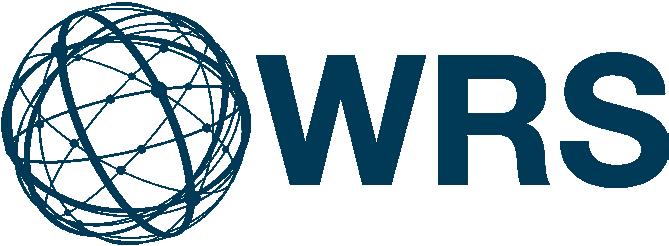
• The 6cats International Recruitment Company of the Year
• The Grant Thornton Specialist Recruitment Company of the Year (Up to 50M)
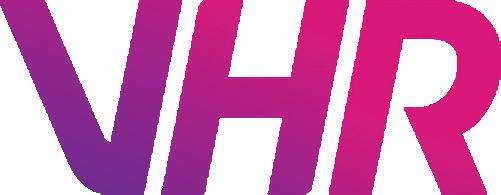
• The Parasol Temporary Recruitment Company of the Year

• The Sonovate Client Service Award
• The SourceWhale Best Recruitment Company to Work For (£5M-£20M)
• The Saffery Champness Best Recruitment Company to Work For (£50M-£100M)
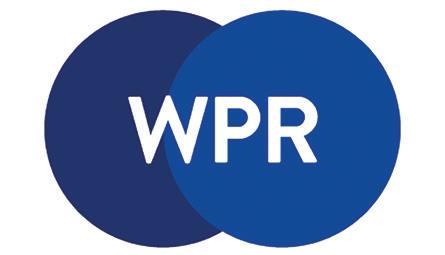


• The Scale Up Recruitment Company of the Year
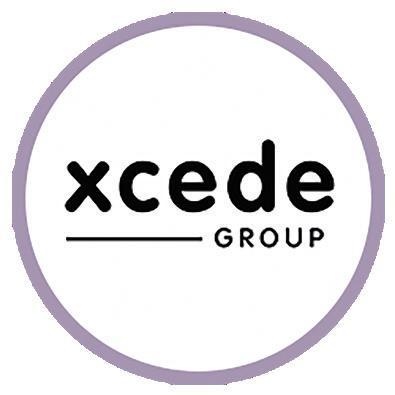

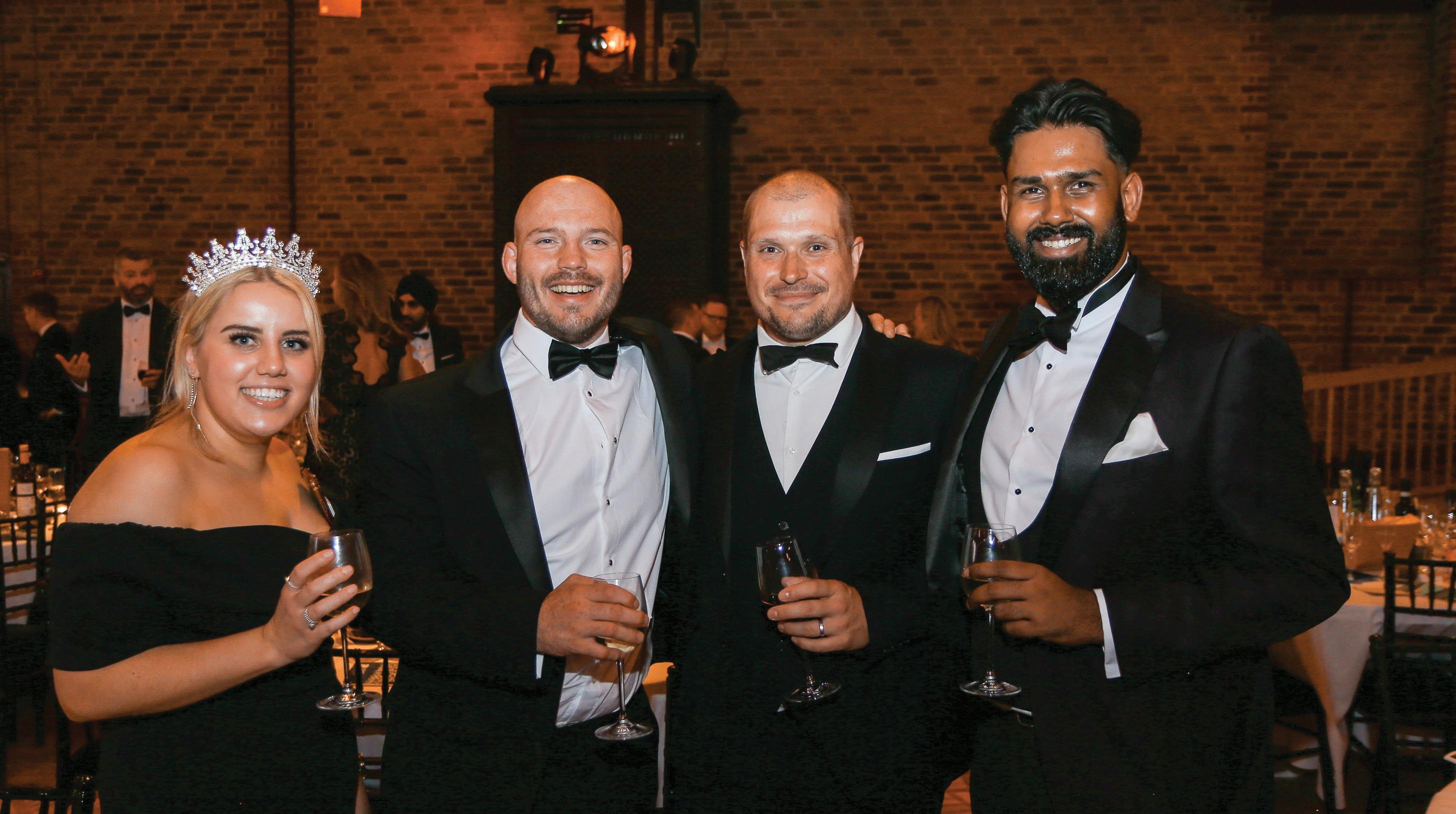


Employer brand is a crucial component of every business, and when it comes to recruitment strategy, it is of paramount importance. But when a business is looking to boost its employer brand, it can be difficult to know where to start. Many factors make up employer brand, including a business’ stance on ESG communications and strategy.
In recent years, an employer’s ESG standpoint has become increasingly important to people on the lookout for new roles, especially the eco-conscious Gen-Z and Millennial generations. So for a recruiting business looking to take stock of how it is perceived by employees, current and prospective, this is a good place to start.

It is key for businesses to swerve accusations of greenwashing at all costs, and this means
avoiding making false claims about or overinflating the business’ eco-credentials. To shed some light on the impact that greenwashing can have on a business, Sensu Insight’s 50 Shades of Greenwashing report found that just under a quarter (23%) of more than 1,000 employees said their organisation had suffered from accusations of greenwashing in past. For some businesses, greenwashing is a more frequent occurrence, with 8% of employees stating that it had happened to their organisation multiple times. In just under half of the reported cases, respondents could point to the specific harm these greenwashing accusations caused to their employing organisation.
Many of these harms were financial or reputational, but greenwashing accusations also impacted an organisation’s workforce too.
8% reported that employees left the business over the issue, and 6% of businesses found it increasingly difficult to hire talented staff. In some cases (7%), greenwashing accusations also caused senior leadership to lose their jobs. This harm causes a hiring headache in any business, as roles are left vacant and the burden falls on remaining staff to fill them, and balance the workloads departing staff have left behind until their roles are filled. Staggeringly, nearly one in five (17%) said they had avoided working for an organisation because they believed it was guilty of greenwashing. What is clear from these findings is that greenwashing accusations can spell trouble for a business’ workforce on several fronts, but there are ways to avoid accusations in the first place, or tackle them more effectively when they arise.
Crafting an ESG strategy takes time and investment, and there is no one-size-fits-all approach. But by sticking to some key principles, a business can ensure it is doing all it can to avoid unwarranted criticism.

First and foremost, it is hugely important that tangible work is going on to improve a business’ environmental impact, and open communication is key. Being transparent about the positive strides a business is taking can show ESG is one of its major priorities, and genuine improvements on this front may help a business earn trust from existing and prospective customers. However, open communication is necessary for both ESG wins and failures, even if the latter may seem incredibly difficult. Being held to account for falling short on a target can help a business grow and find greater understanding, while acknowledging issues can also help to garner respect from stakeholders. When creating or building on an existing ESG strategy, if the task at hand seems too large, employing experts to assist could be the best decision a business makes.
Aside from an employer’s ESG strategy, other elements of employer brand can have a huge bearing on recruitment too, like company
culture. Job hunters are looking to find out as much about a company as possible, which includes details of traditional benefits like gym memberships, annual leave entitlements and parental leave. But company culture is so much bigger than just the perks that are on offer. Crucially, company culture can make or break whether someone enjoys their role or not.
In order for companies to attract the right talent who will thrive among its working environment, company culture should be signposted in all of the initial recruitment stages, from job description through to the final interview. New employees should have a good idea of what their role will entail, how the business is structured and key aspects of the company’s culture before they walk through the door on their very first day. If company culture isn’t explained to new recruits, it’s possible the business will have an unhappy staff member further down the line. Unhappy staff may depart and leave a vacancy, and if multiple staff leave, this suggests a business has a staff retention issue too.
Away from company culture, a business’ reputation as an employer can also be hugely important to recruitment too. If a business has a reputation for being a great employer that treats staff fairly, encourages

progression, and works to ensure all of its staff are happy, then the recruitment team is likely to see the applications roll in. Existing employees who are proud of where they work are more likely to stay long-term, and perhaps spread the word to potential future employees within their networks and on social media. Referrals can be incredibly helpful for filling job roles with talented individuals, and it can save businesses on the costs associated with job advertisements and recruiter fees. But if a business has a reputation for breeding an unhealthy working environment, such as one where employees work long hours or receive little reward for their efforts, it might have a lot of work to do to remedy how it is perceived internally and externally. Employer branding reporting can help a business listen to its staff and understand how it’s perceived by jobseekers.
Employer brand is multi-faceted, and it is unique to every organisation. Ge�ng it right could spell wonders for a business on so many levels, while ge�ng it wrong could have devastating consequences. Employer branding can be complicated, but the good news is it is never beyond redemption, and there is a lot a business can do to turn it around if they are struggling.
First and foremost, it is hugely important that tangible work is going on to improve a business’ environmental impact,


As I write this piece, the news has broken overnight that Dame Alison Rose has resigned as CEO of NatWest. I confess, this is not only not a surprise but was inevitable once she admitted to being the source of a BBC story about a customer. Any other employee in the same position would
automatically have been gone and CEOs, quite rightly, need to be held to a higher standard. So, her departure was inevitable.
As an aside, I predict the Chairman will also be gone shortly for not enacting something that was obvious to most observers.
…Important lessons and maybe even something posi�ve
More widely, it’s a safe assumption that the 60,000 employees of NatWest will not currently be feeling as proud of who they work for as they were before this sorry episode. Likewise, the repercussions for the TA team trying to attract talent into the bank will reverberate for some time to come.
The root of the issue is, ironically, ‘inclusion’: Nigel Farage was excluded from Coutts because a committee didn’t like his political views which, even to those of us who are not fans of Mr Farage, just seems profoundly wrong. Another prediction here: This whole farrago will soon be a business school case study on
how to get ‘inclusion and purpose’ spectacularly wrong. And this will be a good thing because lessons can be learnt.

My view is that too many employers have expanded their definition of ‘purpose’ to the point that Terry Smith, a top 10 shareholder of Unilever put it last year, they have ‘lost the plot’. He went on to say that ‘management prizes displaying its sustainability credentials at the expense of running the business’. This criticism does not just apply to Unilever and increasingly, current and future employees just won’t buy it, never mind shareholders.

That’s not to say that employers should go back to the ‘greed is good’ philosophy of the 1980’s, but rather that a mature, practical and (crucially) relevant articulation of purpose is what’s needed.


This is achievable. Our TIARA awards programme introduced an ESG category for our Talent Solutions campaign a couple of years ago and some of the entries have been utterly inspiring – practical, strategic and highly impactful. Most importantly they were also clear about how they support the commercial aims of the organisation without straying into wider ‘social justice’ issues without any rationale.
In summary, meaningful purpose and values are important for employers, and not just for younger employees, but for everyone. It helps them attract the talent they need and keep the talent they have. Talent Acquisition leaders have a key role in this by making sure these values are articulated clearly to a wider audience and also making sure that they remain focussed and relevant and ‘mission creep’ is avoided. It’s another layer of responsibility to an already overloaded list of priorities but, as the NatWest affair shows, it’s an important one. So, step up and drive the agenda, your CEO may well thank you for it.
Connecting the talent ecosystem: we bring together a global network of leading employers and solution providers to make better talent and technology decisions.

